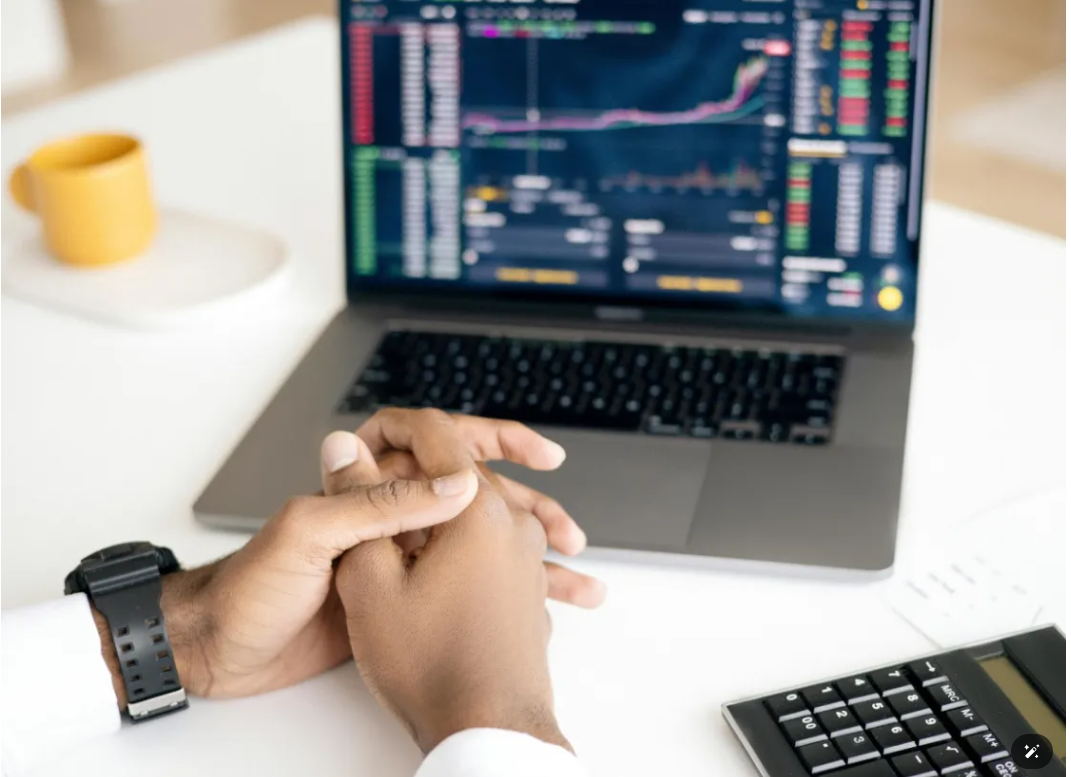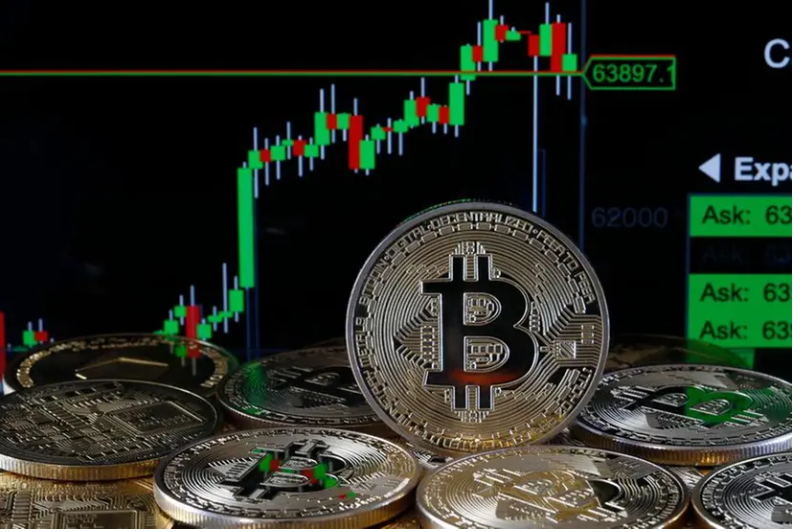By Ian Birrell
Bondo is a scattered cluster of villages in a remote region of Malawi near the border with Mozambique. It sits in the foothills of Mount Mulanje, where residents rely on their feet for transport and a few crops to feed their families. Yet unlike in most places in this impoverished country, when night descends they can now switch on lights, stoves and televisions in their homes.
For electricity has arrived in Bondo. Three turbines were installed in a micro-hydro scheme exploiting the fertile region’s rainfall. And the impact has been life-changing for the 1,800 homes so far connected to a mini-grid. Children can study after dark, so now have a better chance of passing the exams for secondary school rather than having to leave aged 11. Drugs and food can be stored in fridges, so villagers do not have to make the 12-mile trek to the hospital and can produce batches of food or drinks to sell at market. Cooking the evening meal is three times quicker — and far less destructive to the environment — without the need to collect firewood.
One group of women giggled when I asked if they had televisions and watched football in their homes. “Before, our husbands would say they were going off to watch football when they were really walking out with other women. Now they can no long claim they are going off for football,” Bertha told me. The senior chief told me they had never dreamed of having energy supplied to the villages, with a dozen maize mills, many small enterprises, schools, shops and churches also connected to the grid. “When you move around Bondo you see happy people — and that’s because of electricity.”
Yet the big surprise in Bondo is not simply the supply of energy to such an isolated community, in a country where only one in eight citizens has access to grid electricity and on a continent where almost half the 1.2 billion population still lack this life-changing supply. The real eye-opener is the stack of 32 computers inside the concrete pump shed. This innovative mini-grid — located more than two hours from Malawi’s second city of Blantyre along bumpy roads and tracks that can become impassable in a torrential downpour — is mining Bitcoin to fund its operation.
It is a smart idea. The computers used to create valuable new Bitcoin tokens and validate transactions consume around the same amount of energy as a medium-sized country such as Sweden would generate. Hence the stinging critique of how this cryptocurrency wastes the planet’s precious resources. This initiative flips that narrative by using Bitcoin mining to fund energy in parts of Africa that are too poor or remote to merit connection to grids, but which do have plentiful supplies of potential power sources. Mining soaks up the excess energy of these renewable plants. And this delivers not just electricity but a powerful jolt to to drive development in the local economy.
The concept comes from a Kenyan firm, Gridless, set up in 2022, whose backers include Twitter founder Jack Dorsey. There are four other sites in Kenya and Zambia and plans for scores more across the continent. Its aim is to demonstrate how Africa could play a central role in countering the conventional belief that Bitcoin, now 15 years old, is used simply for risky speculation and dodgy transactions. Instead, it backs those who claim it will lead to more inclusive financial systems as it usurps the control of dysfunctional governments and manipulative central banks.
It will also release the community from reliance on foreign handouts to survive. The Bondo power plants were built by Mount Mulanje Conservation Trust, a local group trying to protect the mountain region’s unique bio-diversity, and were initially supported by finance from aid and development agencies — but now Bitcoin covers the running costs. This offers a commercial incentive that does not rely on altruism or subsidies to deliver power to remote regions, while exploiting energy waste at times of low use such as overnight.
Malawi, one of the world’s poorest nations, provides a powerful case study in the failures of aid. As former development minister Rory Stewart said in a lecture at Yale, Britain gave £4.5billion over half a century to this southern African country corroded by corruption and bad governance, yet it ended up “if anything, poorer than it was when we started”. “Bitcoin can prevent Bondo becoming the sort of white elephant that you see across Africa, built by aid groups and then abandoned,” said Erik Hersman, chief executive of Gridless. He admits that he is “not a big fan” of the sector. “They come in with low-cost loans and grants to finance all these schemes that they say will pay their way in 30 years but the sums never add up. This is a new way to finance development.”
Malawi also demonstrates another reason why there is rising interest in Bitcoin in Africa: people are seeking a safer home for their cash than local currencies. Prices rose sharply after its currency was devalued two months ago by 44% against the US dollar — the second decrease in value of the kwacha in 18 months. Many African countries on the continent have suffered also from catastrophic inflation, while official currency conversion rates can be significantly lower than street rates.
One Kenyan entrepreneur told me she turned to the cryptocurrency after seeing her savings constantly eroded even in a country with lower than average inflation for the continent. “I was trying to save to buy a house but kept finding my sums declining. I wanted more stability so tried Bitcoin, and then found it had other uses,” said Marcel Lorraine, founder of Bitcoin DADA. Her clients include a trader of alternative health products in a Nairobi street market, who found it much cheaper to use than changing currencies after being introduced to it by a Nigerian customer and is now hoping it will provide a stable platform for building her business to obtain a shop.
While Warren Buffet dismissed Bitcoin as “probably rat poison squared” and the economist Paul Krugman has compared it to a Ponzi scam fuelled by libertarian fantasies and “technobabble”, devotees see it as a liberating force due to the decentralised design created by its mysterious and pseudonymous creator, Satoshi Nakamoto. BlackRock, the world’s biggest asset manager, has even applied to launch a Bitcoin exchange-traded fund that may open up the market to the US wealth management industry.
Certainly Bitcoin, for all its fluctuations, can seem comparatively reliable if you live in Africa — or indeed many other parts of the planet, from Argentina to Lebanon. “This is what I have seen everywhere,” said Peter McCormack, who travels the world for a Bitcoin podcast. “Here is an alternative to gold and property for a middle class that has some money and patience, but is seeing expenses and costs rise while savings decline in value. And a strong middle class helps build a strong economy by driving consumer spending, reducing reliance on the state and driving innovation and entrepreneurship.”
Bitcoin has also become a helpful tool for activists and journalists in dictatorships, since it makes it far harder to track funds. In Togo, a West African state run by one despotic family since 1967, it is used to channel cash to opposition and civil society leaders despite the freezing of bank accounts. Bitcoin has been instrumental in delivering donations to Alexei Navalny’s Anti-Corruption Foundation in Russia and the pro-democracy movements in Belarus and Myanmar.
Alex Gladstein, chief strategy officer for the Human Rights Foundation and author of a book arguing that Bitcoin offers freedom from archaic monetary systems and political strife, believes the cryptocurrency is especially exciting for Africans, since they suffer “all kinds of financial repression”. He points out there are 45 currencies on the continent — with 15 still controlled by France — with high transaction fees on conversion deals that are largely processed by Western firms with heavily-fluctuating rates. “Bitcoin provides an escape and an alternative for Africans while its use is less limited than some people think,” he says. “Entrepreneurs there have figured out how people without the internet can use Bitcoin, which is frankly remarkable.”
This agility is typical of the technological innovation exploding across Africa, driven by a young, rapidly growing and increasingly well-educated population. “The beautiful thing about Bitcoin is that it is a bottom-up technology and its adoption has been genuine at all levels,” said one key figure at the second African Bitcoin Conference in Ghana at the end of last year.
Only time will tell if Satoshi’s invention will turn out to be a bubble with bad consequences or, as optimists believe, a driver of profound change in the world. The fraud conviction of Sam Bankman-Fried, who ran one of the world’s biggest cryptocurrency exchanges, and admission of money-laundering by the boss of another major exchange has hurt the reputation of cryptocurrencies for many in the West. But Bitcoin certainly seems to offer something positive in societies scarred by autocracy, colonialism, military coups and woeful governance — as seen with those computers in a concrete shed in rural Malawi turning water into streams of cash to fund electricity.
Ian Birrell is an award-winning foreign reporter and columnist. He is also the founder, with Damon Albarn, of Africa Express.




















